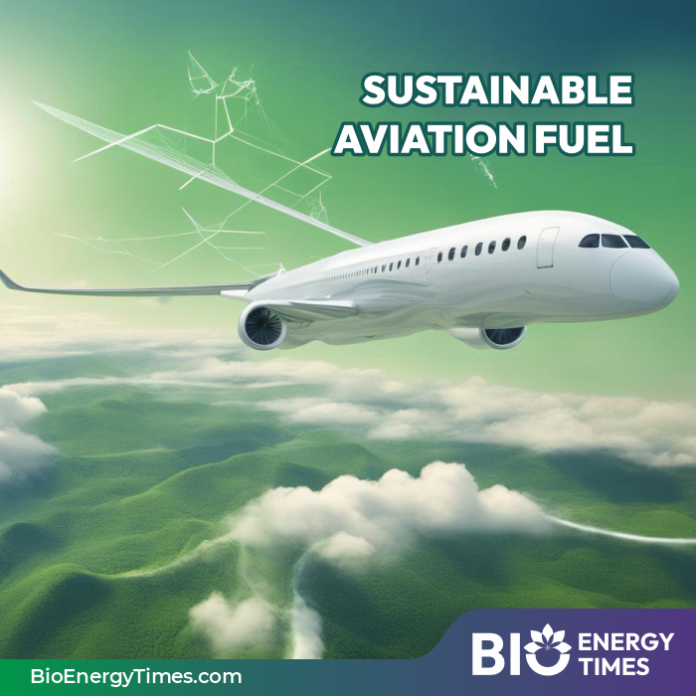Indonesia, the world’s second-largest coconut producer, is exploring the production of sustainable aviation fuel to maximize the economic potential of the fruit.
In 2023, Indonesia produced 2.8 million metric tons of coconuts, ranking just behind the Philippines. The country exported $1.55 billion worth of coconuts that year, commanding approximately 38.3 percent of the global market share. Major buyers included China, Malaysia, and Singapore.
President Joko “Jokowi” Widodo emphasized the opportunity for further export growth and increasing the value derived from coconuts through bioenergy, particularly coconut-based jet fuel. Speaking at an international coconut conference in Surabaya, Jokowi highlighted the importance of research and technological advancements in the coconut downstream sector.
“We need to harness technologies, especially in utilizing coconut waste for bioenergy. We can even transform coconuts into jet fuels,” Jokowi stated, underscoring the potential for Indonesia to lead in promoting sustainable aviation fuel internationally.
While Indonesia currently uses sustainable jet fuel derived from palm oil, produced by the state-run energy firm Pertamina, Jokowi’s successor Prabowo Subianto has also expressed support for sustainable aviation fuel initiatives in his upcoming administration. His campaign manifesto outlines continued policies in biodiesel and sustainable jet fuel, with a focus on palm oil, given Indonesia’s status as a leading global producer.
Indonesia’s ambition to expand into coconut-based sustainable aviation fuel reflects its commitment to advancing the green economy and enhancing the value chain of its agricultural commodities on the global stage.















